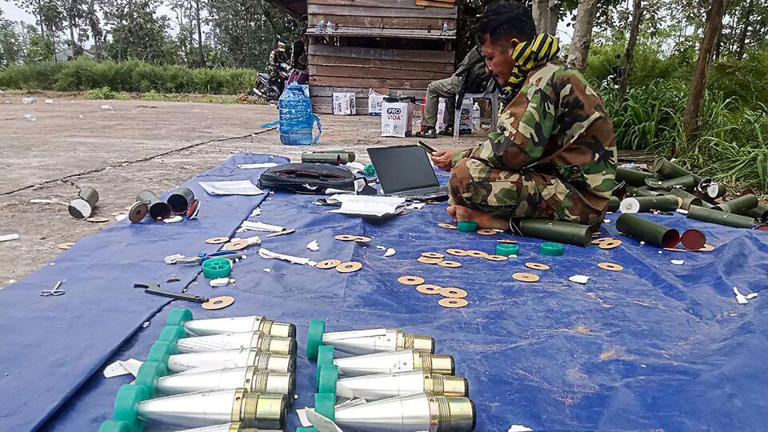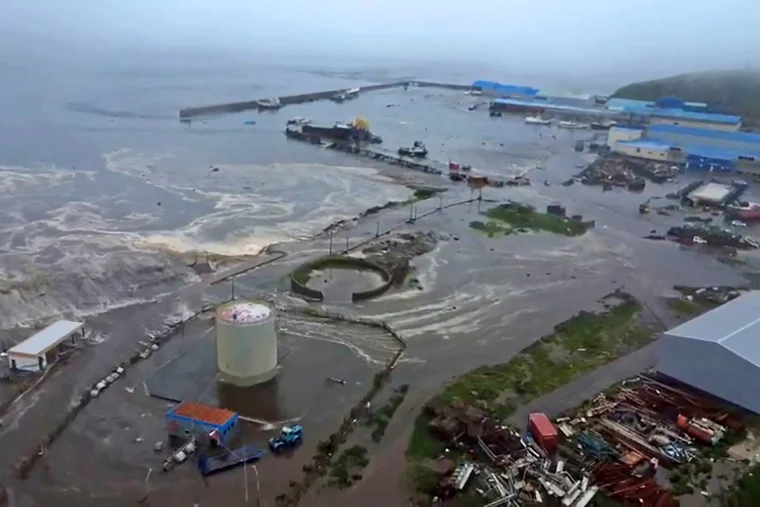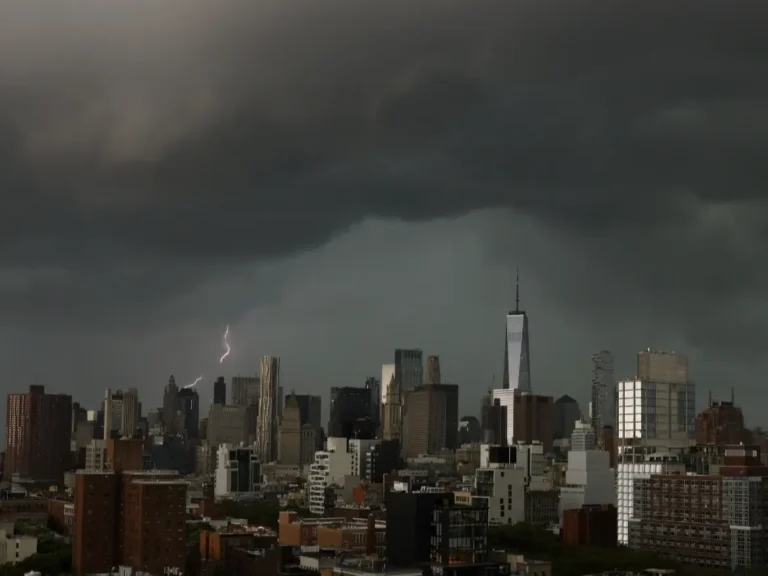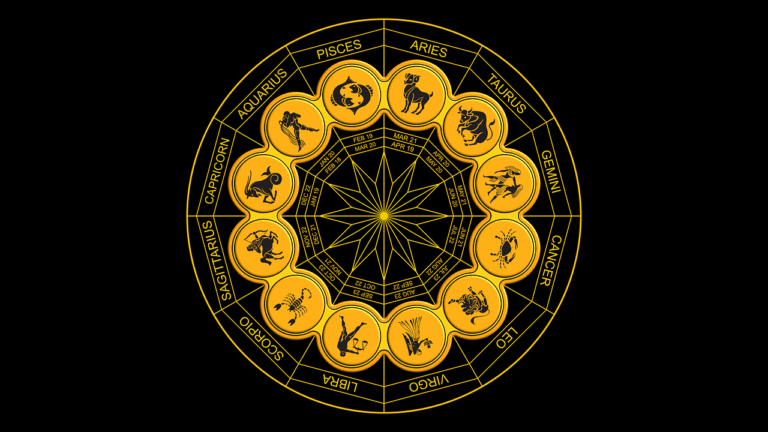
Pic Credits-MSN
July 24, 2025 – Southeast Asia finds itself on the brink of a regional crisis after Thailand launched a surprise air strike on Cambodian territory early Thursday morning, igniting fears of a broader conflict in the region.
Initial Strike and Immediate Impact
At approximately 4:20 a.m. local time, Thai fighter jets carried out targeted air strikes near the Cambodian border town of Poipet, according to both Thai and Cambodian military sources. Initial reports indicate that key military installations and logistical supply routes were targeted. Cambodian authorities claim that at least 17 people, including 4 civilians, were killed, with dozens more injured. Infrastructure in the area, including a local hospital and residential buildings, sustained significant damage.
Thailand has yet to release an official casualty report or disclose the number of aircraft involved. However, the Thai Ministry of Defense confirmed in a brief statement that “precision air strikes were conducted against militant positions in retaliation for repeated border violations and armed provocations originating from Cambodian territory.”
Origins of the Conflict
The flare-up is the latest in a series of escalations along the Thai-Cambodian border, a historically volatile region where disputes over land, natural resources, and historical claims — particularly around the Preah Vihear Temple — have persisted for decades.
Tensions had recently escalated following a deadly border skirmish earlier this month, in which three Thai soldiers and one Cambodian officer were killed. Thailand accused Cambodian-backed militias of crossing into its territory and ambushing a Thai military patrol — a charge Cambodia strongly denied.
The Thai government, led by Prime Minister Anutin Charnvirakul, stated on Monday that it would “pursue all measures necessary” to protect Thai sovereignty, a warning that, in hindsight, foreshadowed Thursday’s aerial assault.
Cambodian Response
Cambodia has condemned the attack as a “blatant violation of international law and an act of war.” Prime Minister Hun Manet convened an emergency session of parliament and immediately placed the Cambodian military on high alert. He addressed the nation Thursday morning, stating:
“This unprovoked aggression against our people will not go unanswered. Cambodia reserves the right to defend its sovereignty, and we call upon the international community to intervene before the situation spirals further out of control.”
The Cambodian government has requested an emergency session of the United Nations Security Council and is also seeking diplomatic support from the Association of Southeast Asian Nations (ASEAN).
Regional and International Reaction
The air strike has sent shockwaves through the region. Vietnam and Laos have issued statements urging both sides to de-escalate and engage in immediate dialogue. China and the United States, both of which have vested interests in Southeast Asian stability, have called for restraint and offered to mediate.
ASEAN’s Secretary-General, Kao Kim Hourn, issued a brief statement:
“ASEAN is gravely concerned about the developments along the Thai-Cambodian border. We urge both parties to cease hostilities and return to dialogue under the ASEAN framework.”
International markets have reacted nervously, with regional stock indexes showing sharp declines amid fears of a prolonged conflict disrupting trade routes and investment in the region.
What Comes Next?
Analysts say the situation is highly volatile and could either escalate rapidly or de-escalate with swift international intervention. Thailand, emboldened by what it views as justified retaliation, may take further action if border tensions persist. Cambodia, feeling both aggrieved and militarily outmatched, may turn to regional alliances or external powers for support.
What began as a border dispute has now transformed into a full-blown military confrontation with implications far beyond Southeast Asia. The coming days will be critical in determining whether diplomacy can prevail or whether the region will face its most serious conflict in over a decade.






